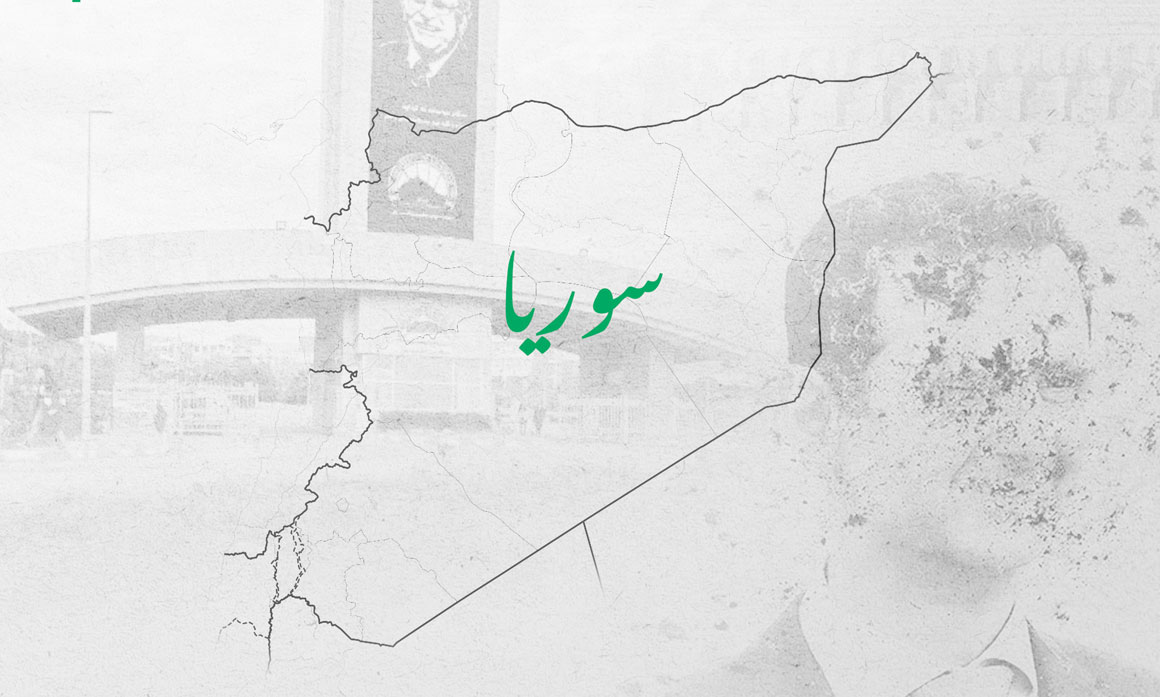
Two universities students Analyze the Emerging Economic Situation in Syria
From an economic perspective, following thirteen years of civil war between Assad’s forces and opposition groups, the conflict came to an end in December 2024, with the opposition forces claiming victory in their strongholds. This development is expected to bring significant shifts in Syria’s economic, military, political, and societal structures, both domestically and across the region, particularly affecting neighboring countries.
Throughout the civil war, Syria experienced a large-scale humanitarian crisis. As a result, a significant number of Syrians fled the country, seeking safety and shelter abroad. Approximately 280,000 Syrian refugees relocated to Iraq, with 122,000 settling in the Kurdistan Region. After resettlement, many of them began working in local factories and industries. Due to their willingness to work for lower wages, Syrian workers were often preferred over local labor, which in turn led to higher unemployment rates among Iraqi citizens in certain areas.
Now, with the emerging prospects of stability and sustainability in Syria, many refugees may begin returning home. This shift will likely compel factories and businesses in Iraq to rely more heavily on local labor, regardless of the associated costs.
Moreover, economic trade between Iraq and Syria is expected to return to its pre-war status. Prior to the conflict, Iraq exported agricultural products, industrial goods, and food supplies to Syria. Iraq also viewed Syria as a strategic route for exporting oil to the Pacific region. However, with the onset of the civil war, these trade routes were completely halted causing both direct and indirect disruptions to regional markets. In response, the Iraqi government and local businesses were forced to seek alternative (and more expensive) trade routes and suppliers, leading to increased market prices and economic strain on Iraqi citizens.
Recent expert analyses call for the re-establishment of economic ties between the two countries in order to reduce import costs and stabilize domestic markets.
On another note, during the war, new border crossings such as the Fishkhabur Gate were established initially legalized by the Iraqi Federal Government to facilitate humanitarian aid and the delivery of essential supplies to Syria. In a post-war context, these gateways hold potential for becoming normalized trade routes, offering the Kurdistan Region new opportunities for economic growth and diversification.
Nevertheless, the likelihood of these transformations occurring immediately remains low. They are contingent on Syria’s internal stability and the establishment of a reformed political system.
The Syrian conflict also had direct consequences on Iraq’s economy, particularly through fluctuations in currency. The Syrian pound, which was relatively stable prior to the war, sharply declined in value over the course of the conflict. In 2011, one U.S. dollar equaled 46.98 Syrian pounds; by the end of 2014, this had fallen to 181.43. In 2020, under the effects of the U.S.-imposed Caesar Act on the Syrian Central Bank, one U.S. dollar was worth 1,015 Syrian pounds. By the end of the war, the value remained the same.
In Iraq and the Kurdistan Region, the Syrian pound experienced a short-term rise in demand due to scarcity. Many people, expecting further appreciation, purchased the currency to resell it for profit. However, this perceived rise was not grounded in solid economic fundamentals. Experts warn that any short-term increase in cash value may actually lead to devaluation over time. Additionally, the Syrian pound has not shown similar appreciation in countries like Qatar or Lebanon, where its value remains low. Consequently, it is highly probable that the Syrian pound will depreciate again in Iraq and the Kurdistan Region, potentially leading to financial losses for those who invested in it.
More News
-
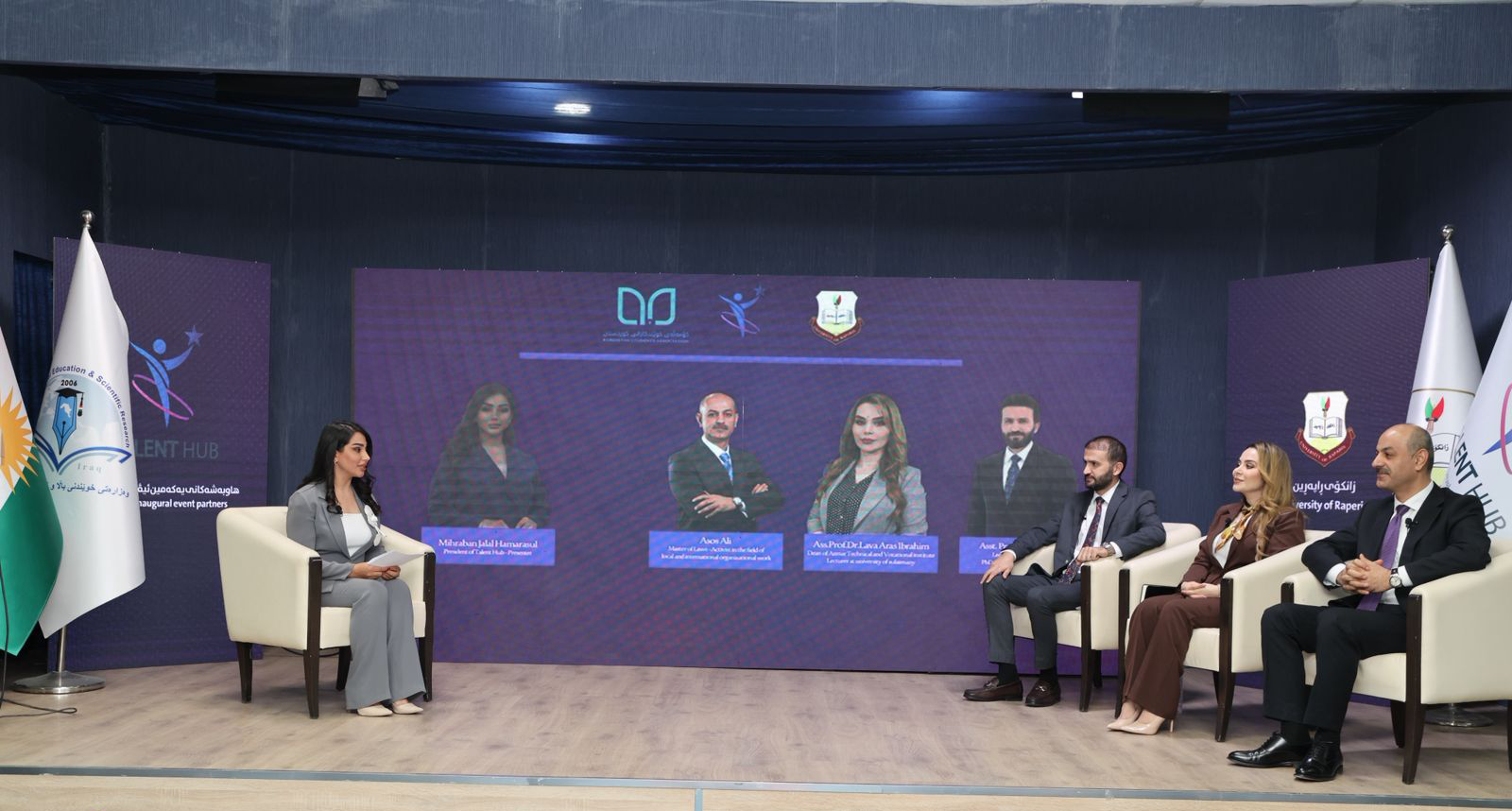
The First UniTalent Event Was Held at Raparin University
The First UniTalent Event Was Held at Raparin University...
-
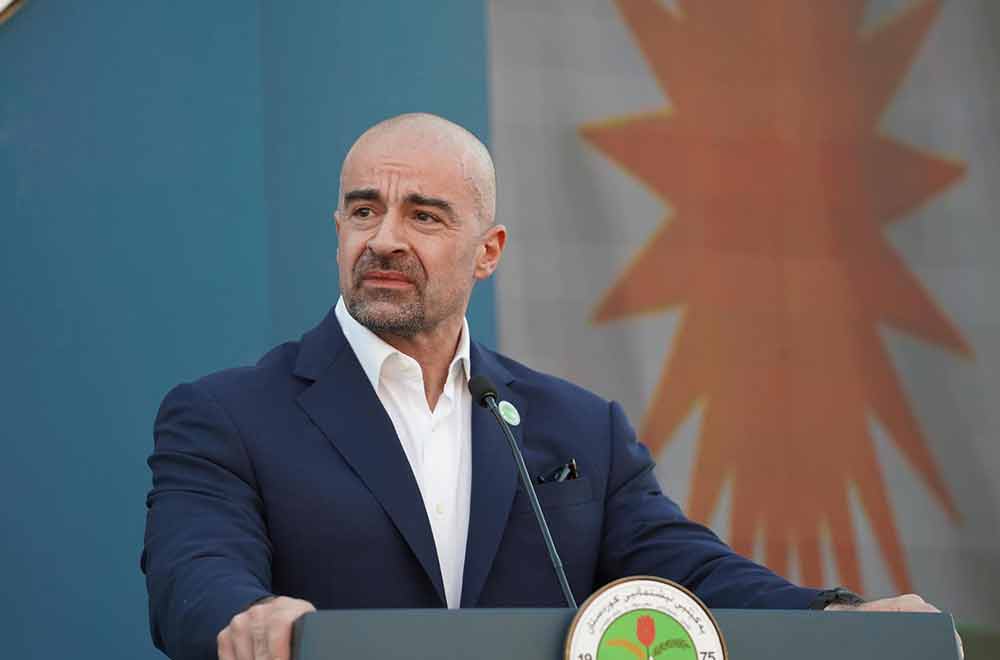
Message from the President of the Patriotic Union of Kurdistan to the University of Sulaimani
Message from the President of the Patriotic Union of Kurdistan to the University of Sulaim...
-
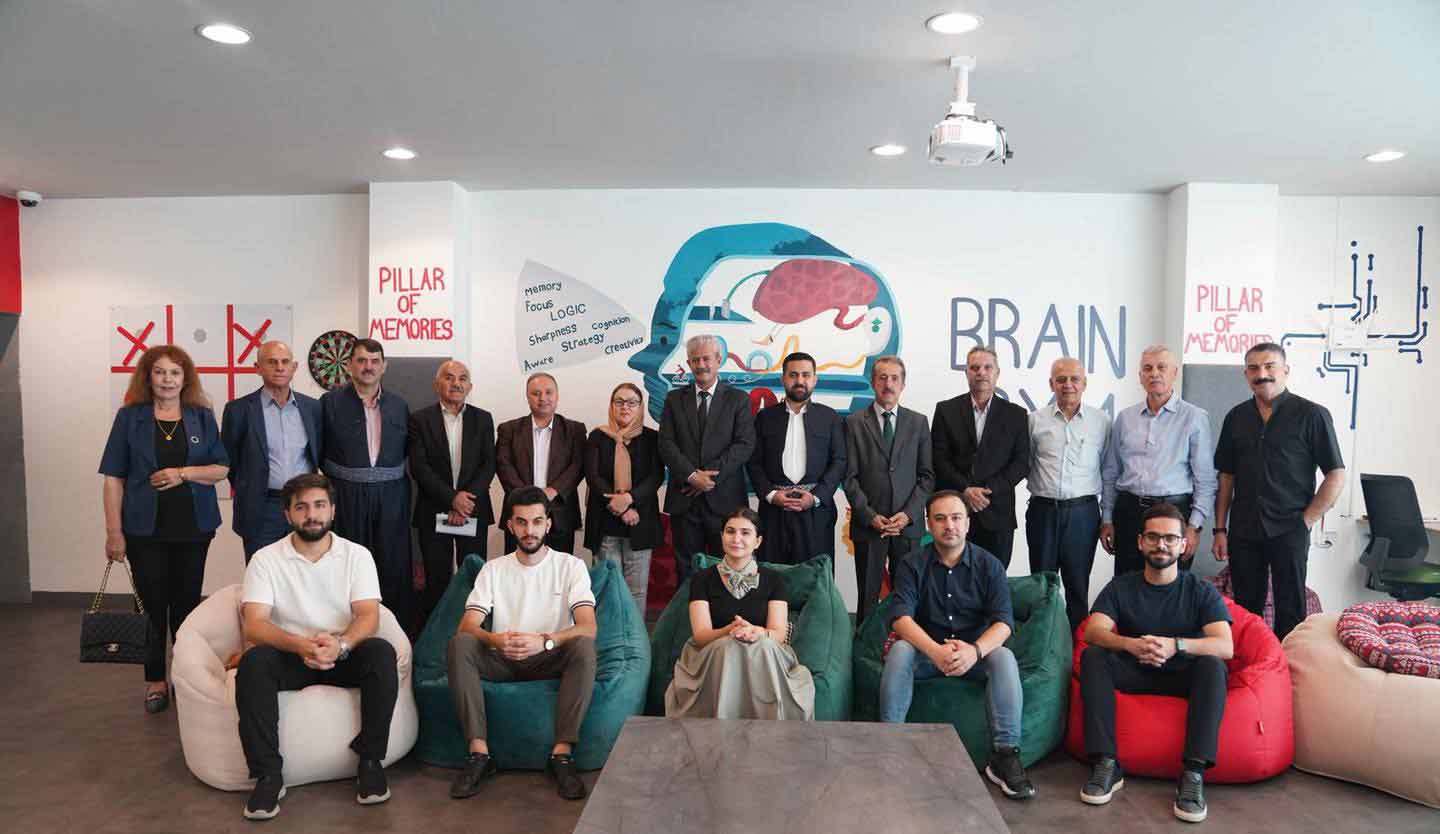
The Kurdistan Students Association Welcomed the Veteran Organizations of the Patriotic Union of Kurdistan
The Kurdistan Students Association Welcomed the Veteran Organizations of the Patriotic Uni...
-
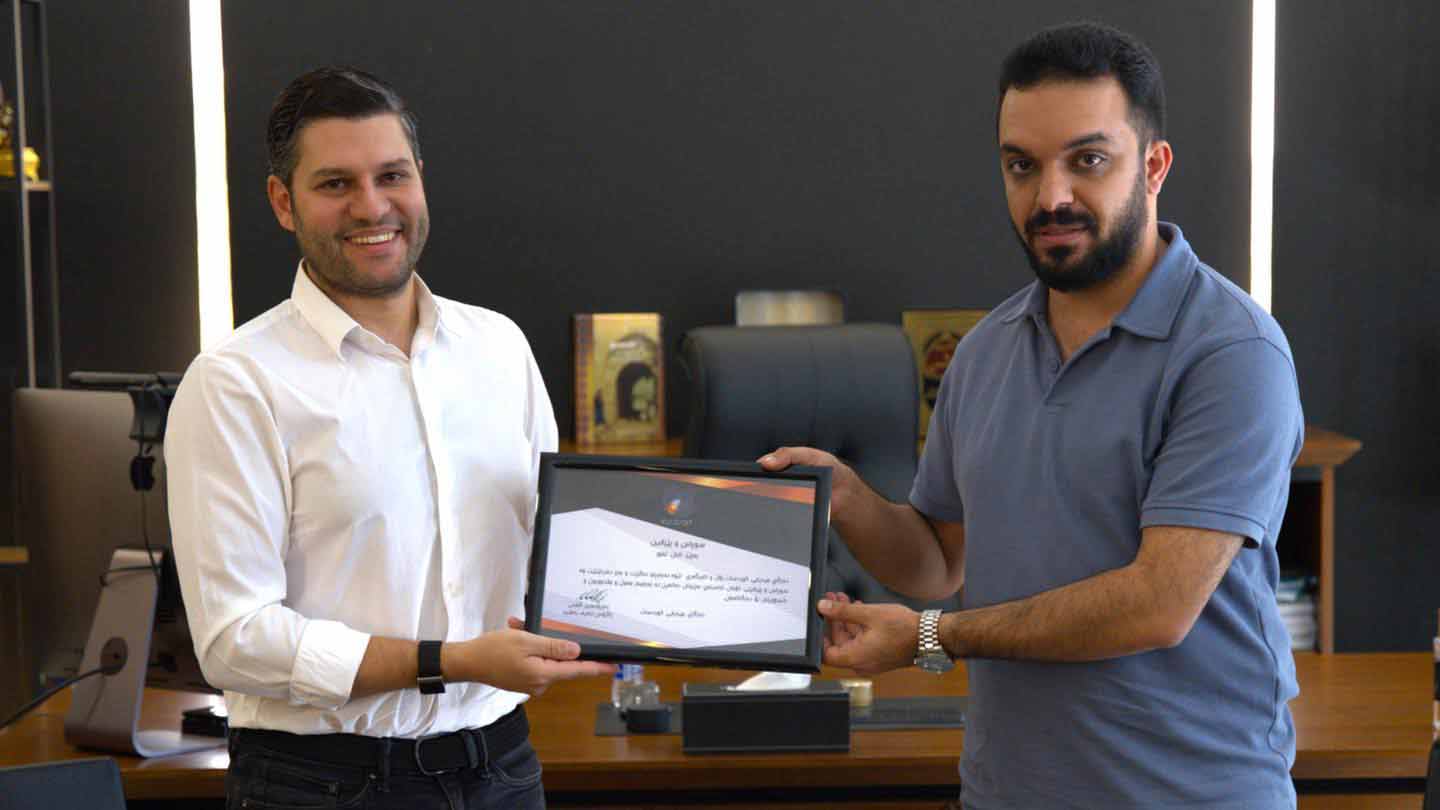
KurdSat Bestows Honor Upon Bafel Jalal Talabani's Representative for Student Affairs
KurdSat Bestows Honor Upon Bafel Jalal Talabani's Representative for Student Affairs...
-
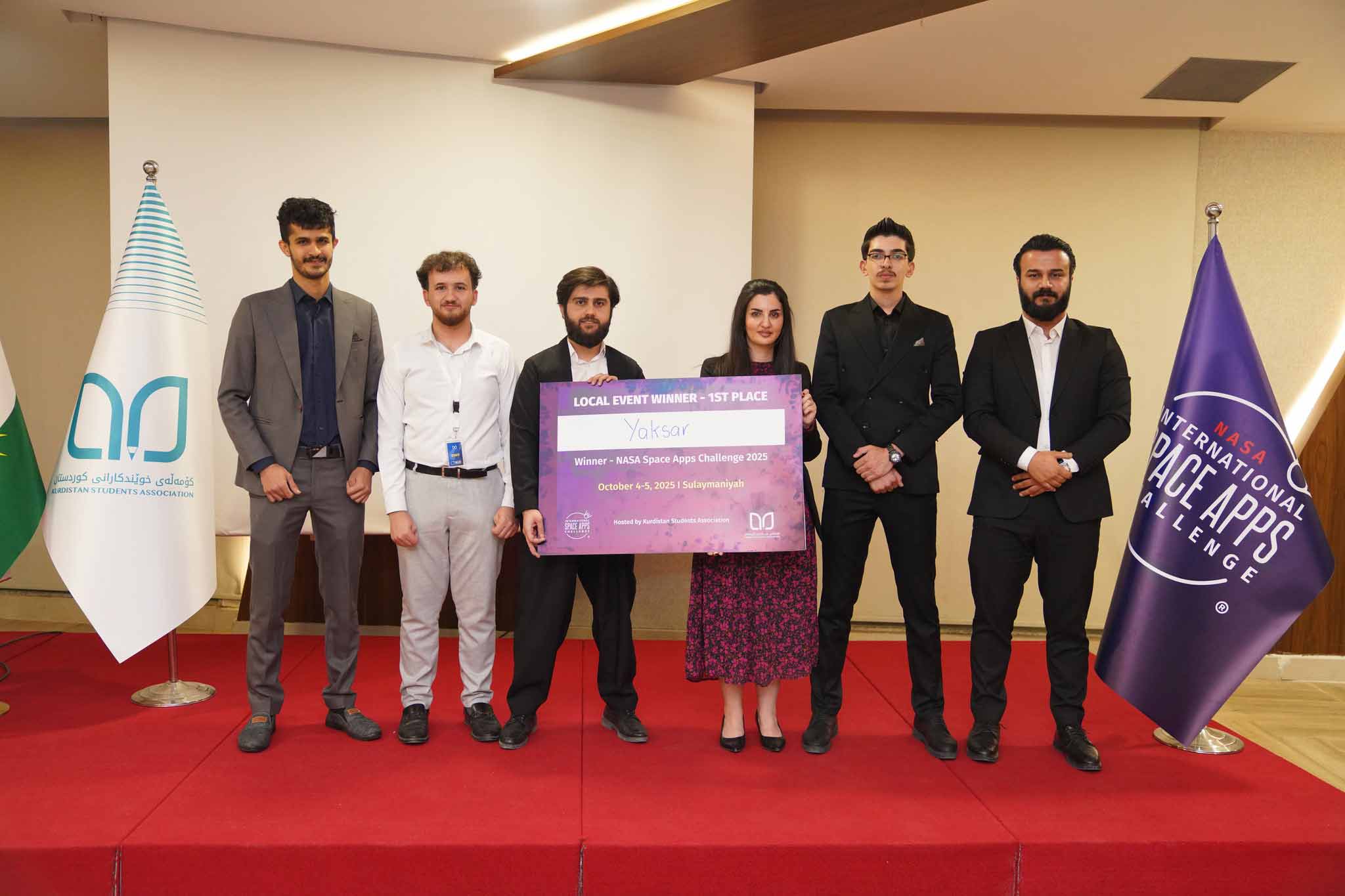
The "Yeksar" Group Won the Global NASA Competition
The "Yeksar" Group Won the Global NASA Competition...
-
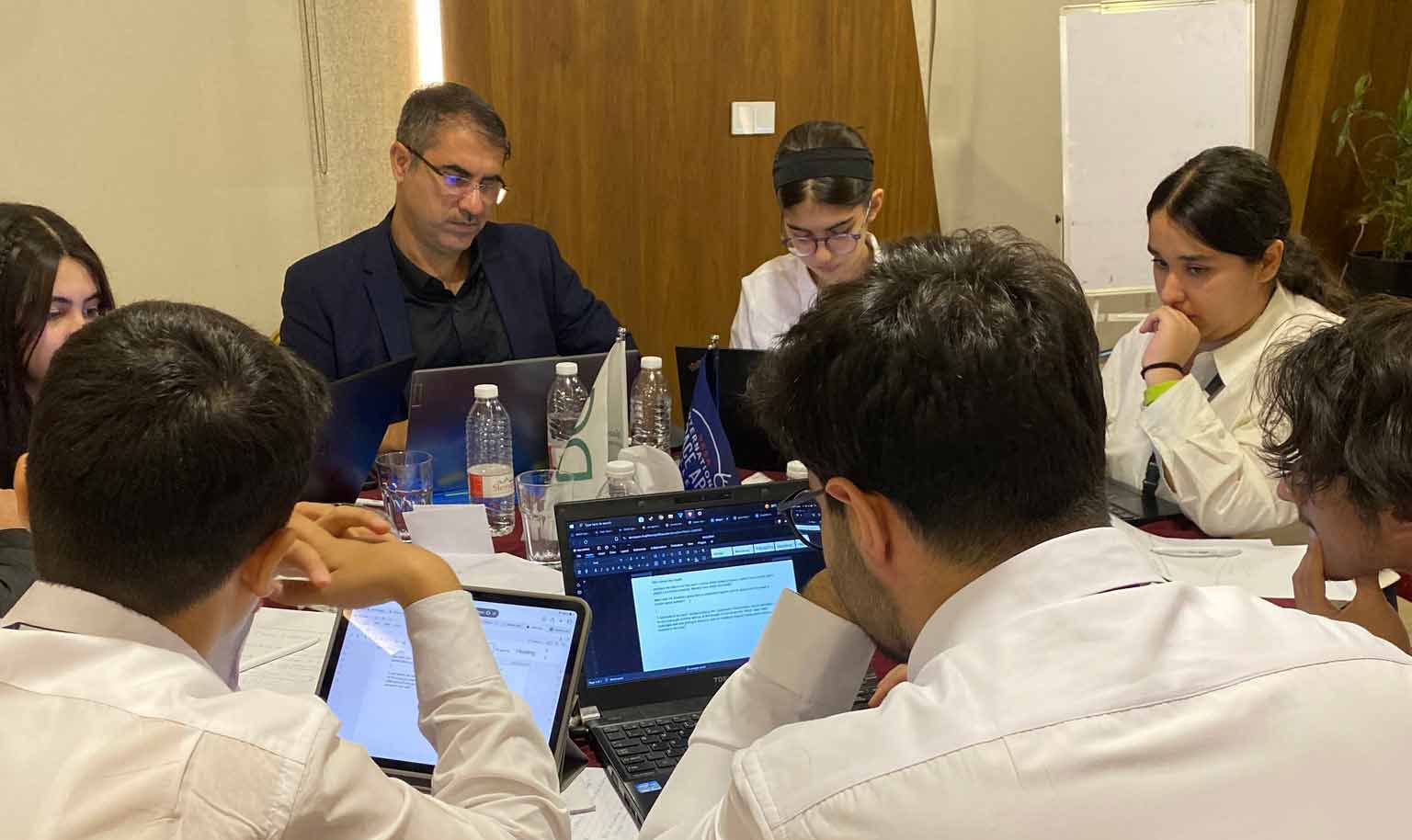
NASA Global Competition Held in Sulaymaniyah
NASA Global Competition Held in Sulaymaniyah...
-
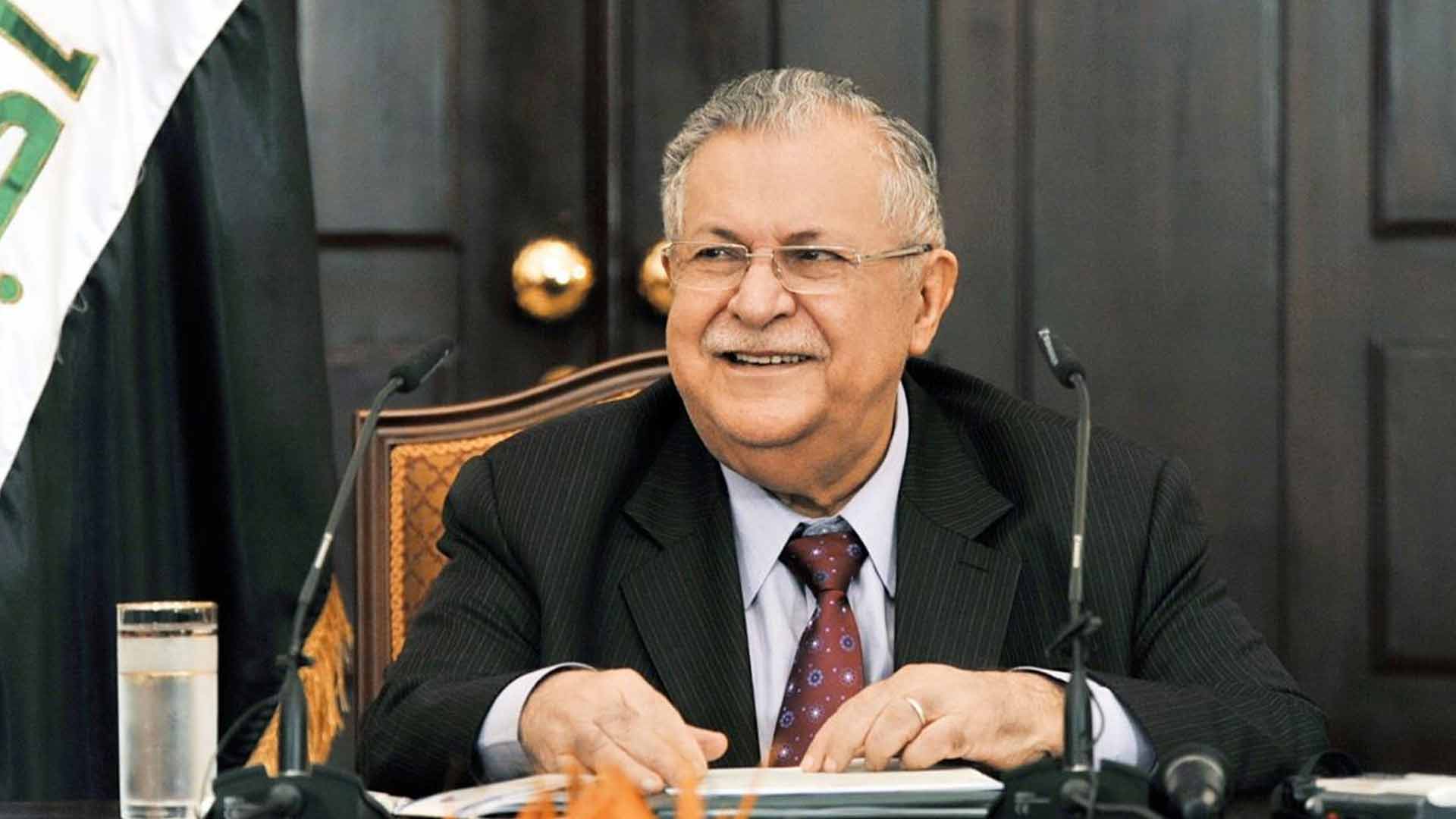
Students' Association Commemorates President Mam Jalal
Students' Association Commemorates President Mam Jalal...
-
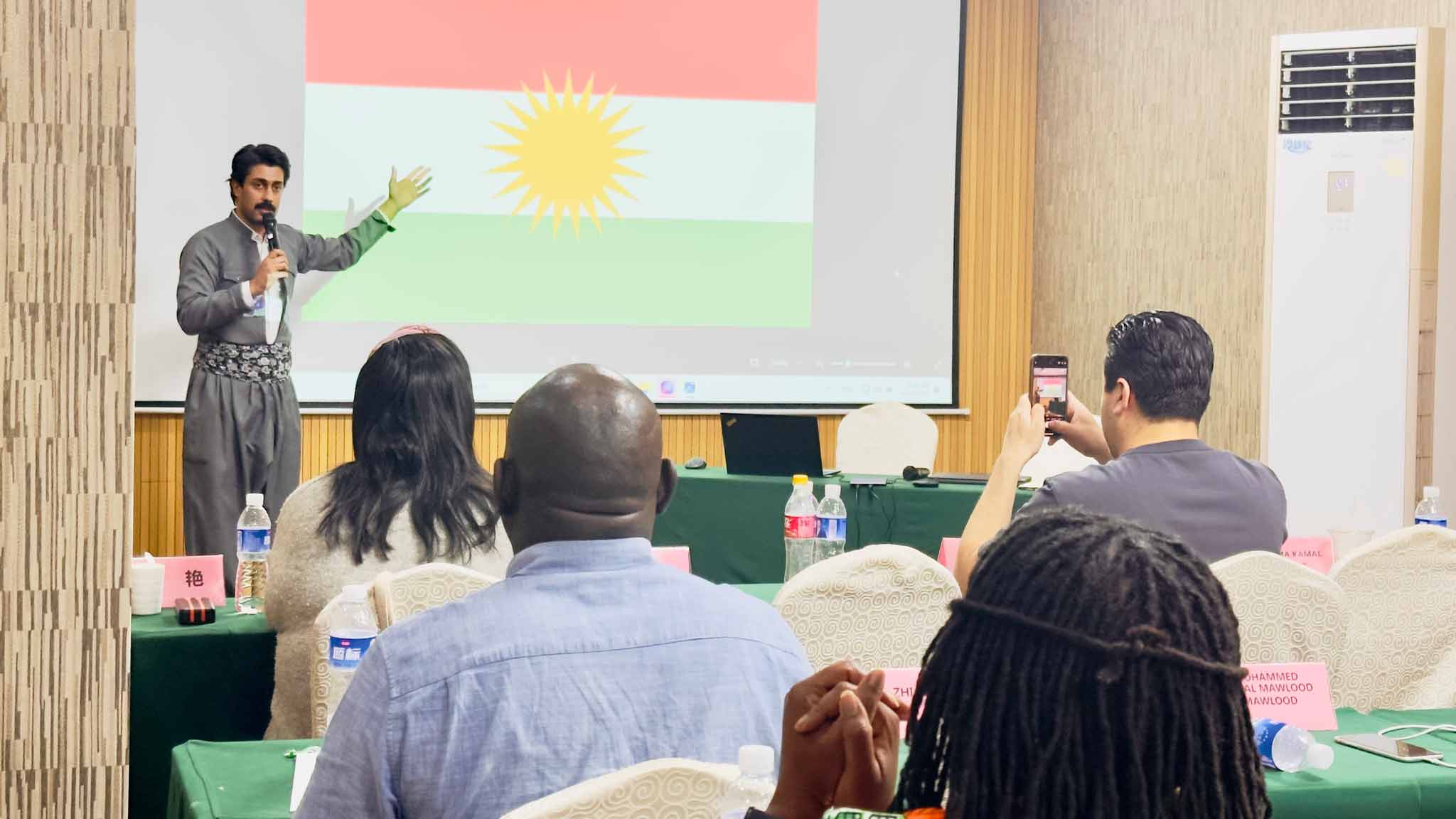
Two Representatives of the Students' Association Participate in a Program in China
Two Representatives of the Students' Association Participate in a Program in China...
-
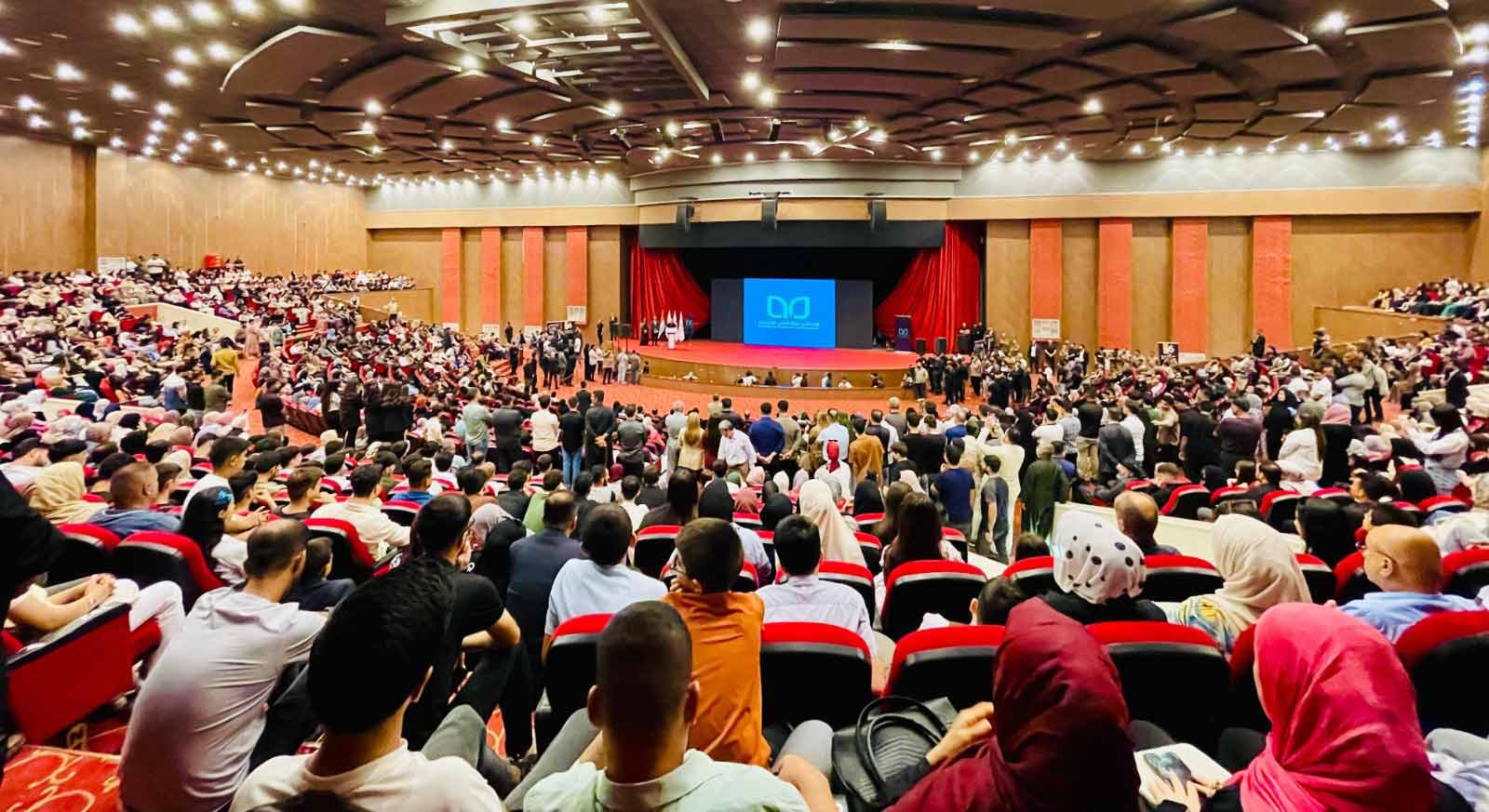
Kirkuk Students Welcomed Dr. Karim Qarachatani's Seminar
Kirkuk Students Welcomed Dr. Karim Qarachatani's Seminar...
